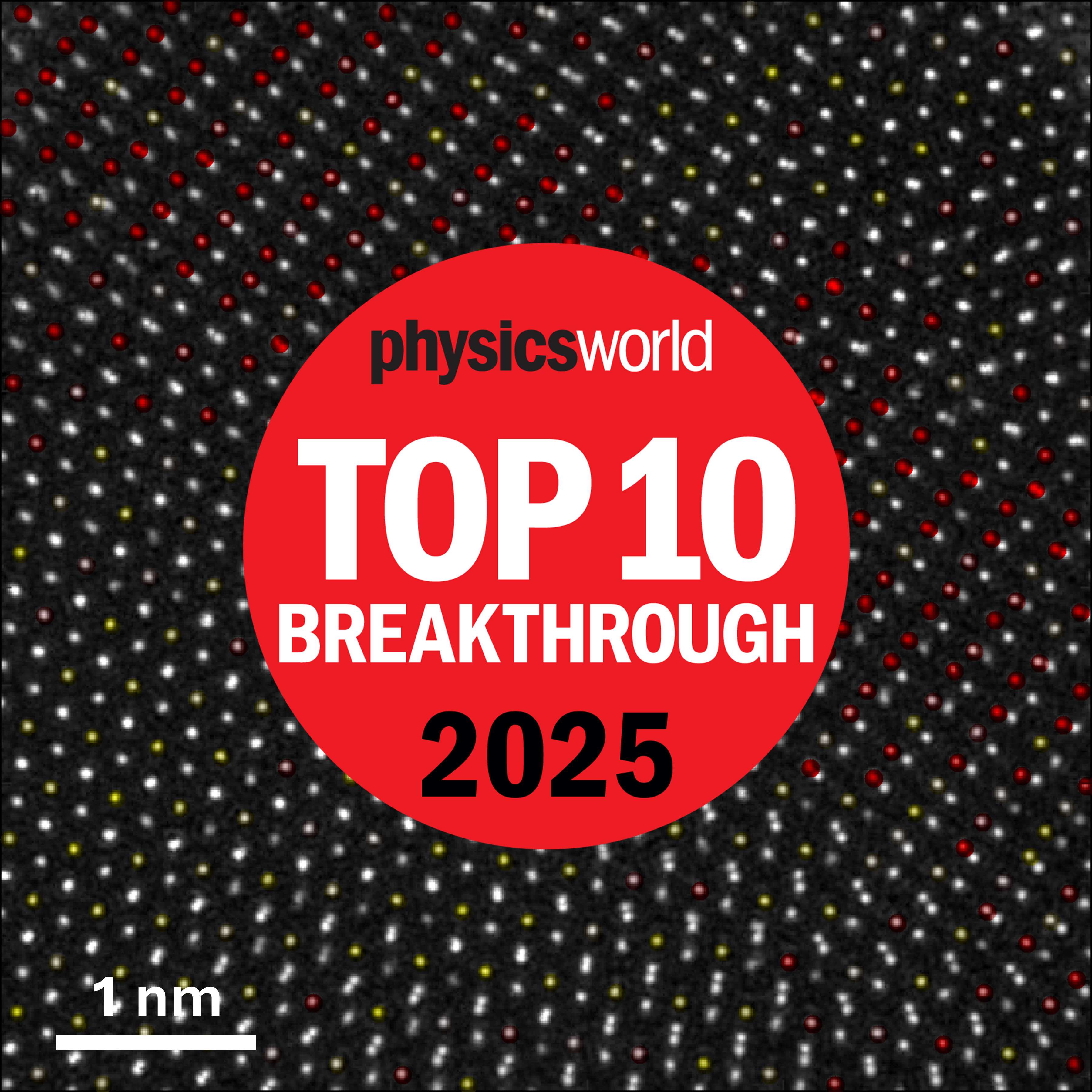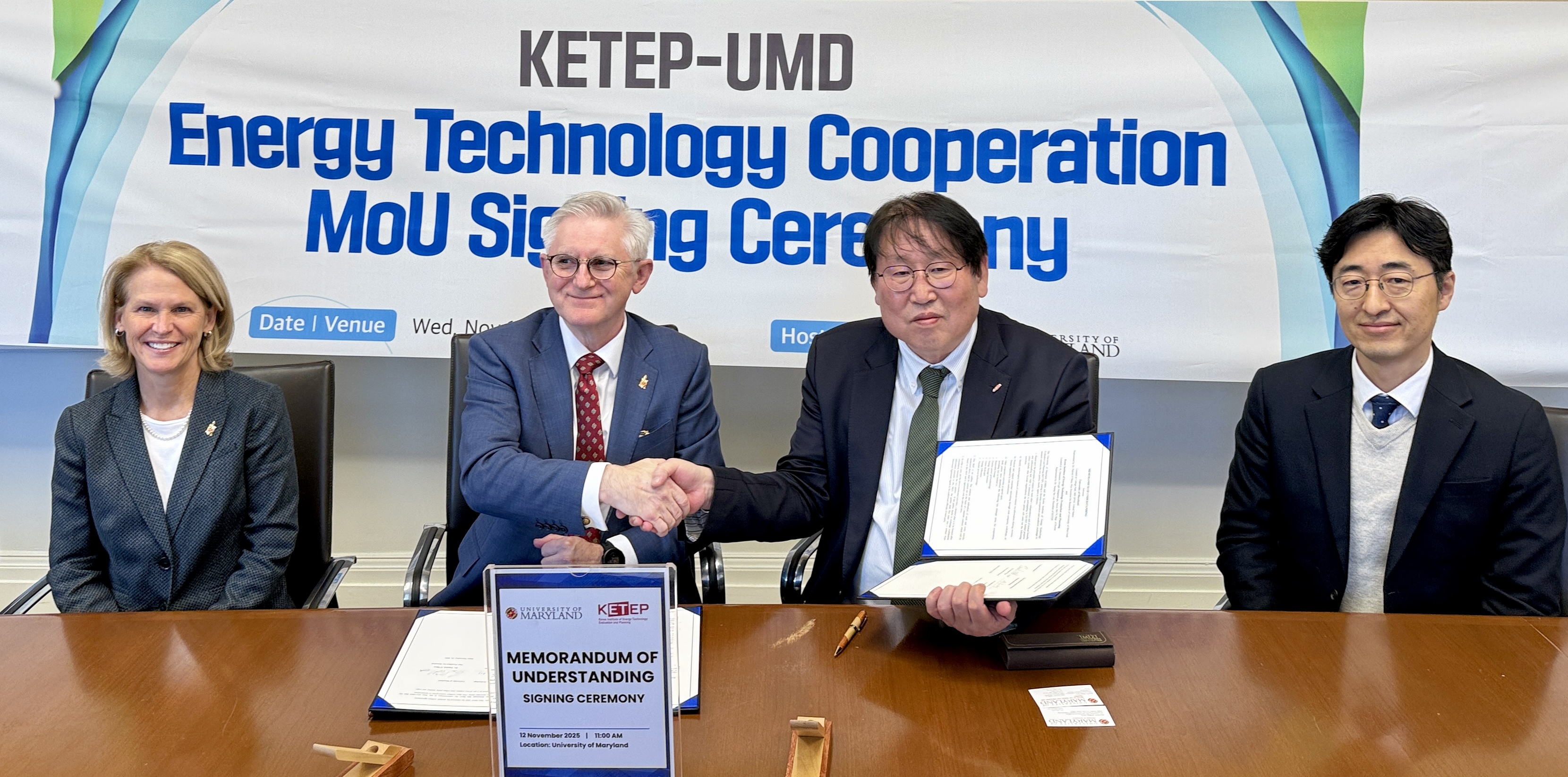News Story
Wachsman’s Presentation on Water/Energy Relationships Featured in MRS Meeting Scene
An explanation of the complex relationship between between the availability of water and energy production by Department of Materials Science and Engineering (MSE) professor and University of Maryland Energy Research Center director Eric Wachsman was highlighted in MRS Meeting Scene, the Materials Research Society's e-bulletin covering “the very best” its major conferences have to offer.
In its Day 4 coverage of the 2014 MRS Fall Meeting, MRS described Wachsman’s presentation, “The Energy Water Nexus,” which was given in Symposium FF: Materials as Tools for Sustainability:
“It is common to think of water availability and energy production as two separate sustainability issues. In his presentation, Eric Wachsman effectively challenges this viewpoint by describing how energy and water are extensively related. In simple terms, water is consumed by energy production and energy is consumed in water purification and delivery. When considering energy production methods, Wachsman explains how water consumption must be considered in the energy tradeoff. Fracking and oil sands separation, for example, require massive amounts of water when compared to traditional oil recovery and refinement, yet there may be available improvements in water recovery. Biofuels may be considered a viable alternative [to traditional fuels], yet the amount of water necessary to irrigate the crops of corn or soy needed to produce these biofuels dwarfs the options just discussed. Conversely, Wachsman explores the materials science challenges for water purification as well, including improved membranes to make more efficient desalination facilities and better water purification techniques such as photocatalytics. He describes the impact of climate change, which both increases energy demand and reduces traditional water supply availability. The current state does not appear to be sustainable, yet technological advancement in both energy production and water purification may provide the path to sustainability.”
Published December 11, 2014









